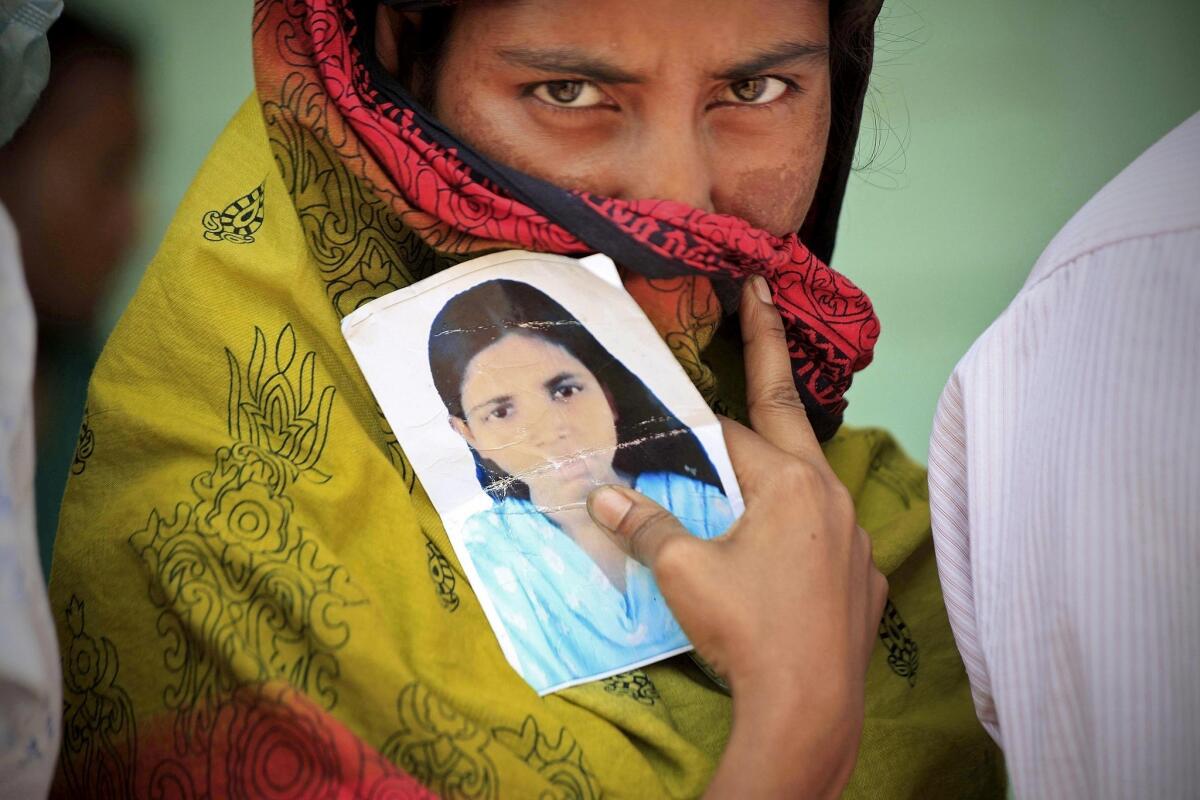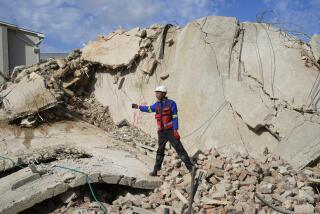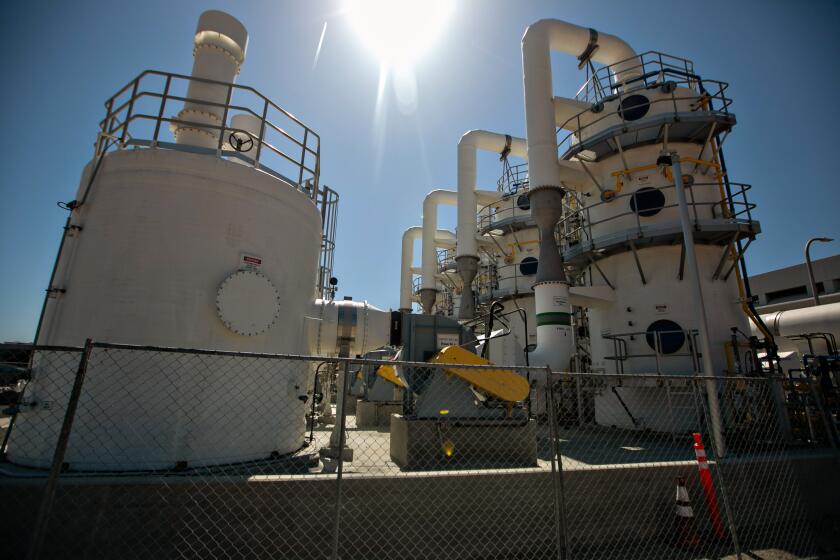Bangladesh building death toll exceeds 500; engineer arrested

The death toll in the devastating collapse of a Bangladesh building surpassed 500 on Friday as salvage crews continued to pull scores of bodies from the rubble.
Nine days after the disaster, more people faced punishment or arrest in connection with the collapse, which spotlighted dismal conditions in the booming Bangladeshi garment industry. The building housed several factories that made clothing for sale abroad. Garment workers say they were forced to enter the doomed building despite their alarm about visible cracks.
Engineer Abdur Razzak Khan, who reportedly inspected the building and deemed it unsafe before the disaster, was arrested for alleged negligence Thursday, according to local media.
Though Khan warned that the Rana Plaza building was unsafe, he was also responsible for supervising its design and construction, a police inspector told bdnews24.com.
Building owner Mohammed Sohel Rana, arrested last week, allegedly ignored his advice about safety.
The day before the disaster, “we refused to go into the building, as big cracks were found in the walls,” a 22-year-old worker named Rebeka told the Institute for Global Labor and Human Rights. “The following morning, our bosses and Sohel Rana forced us to work.”
Two officials in Savar, where the stricken building was located, were also suspended or effectively suspended, the Associated Press reported Friday. Several factory owners were also arrested in the days after the collapse.
The number of people still missing is disputed, stoking fears that many more bodies could still be unearthed under the fallen concrete and debris. In addition to those killed, nearly 1,000 people were injured so severely that they had to be hospitalized, according to the national disaster relief agency.
Bangladeshi officials waved off the idea that the disaster, which followed a November factory fire that killed 112 people, would repel companies from manufacturing clothing in the country.
“Anywhere in the world, any accident can take place,” Prime Minister Sheikh Hasina told CNN. She added, “You cannot blame the whole business or whole industry just for one incident.”
Western companies that produce clothing in Bangladesh are facing renewed pressure to improve working conditions in the aftermath of the disaster.
The Clean Clothes Campaign, based in Amsterdam, has urged companies to sign onto a safety agreement guaranteeing independent inspections. Wal-Mart and J.C. Penney were among companies that joined talks this week in Germany about Bangladesh labor conditions, Bloomberg reported.
ALSO:
In China, rat meat is sold as lamb
Political calculus keeps Cuba on U.S. list of terror sponsors
Press Freedom Day: Where reporters and their work are threatened
More to Read
Start your day right
Sign up for Essential California for news, features and recommendations from the L.A. Times and beyond in your inbox six days a week.
You may occasionally receive promotional content from the Los Angeles Times.






